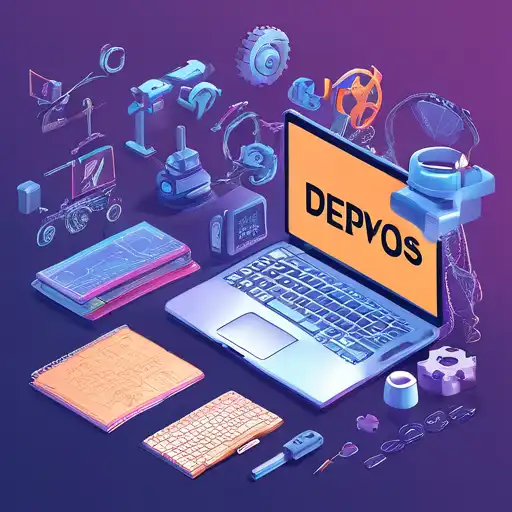Introduction to DevOps in 2023
As we step into 2023, the DevOps landscape continues to evolve, bringing forward tools that promise to streamline software development and operations. This guide highlights the essential DevOps tools you need to know to stay ahead in the fast-paced world of technology.
Version Control Systems
Version control is the backbone of DevOps practices. Git remains the undisputed leader, with platforms like GitHub, GitLab, and Bitbucket offering robust solutions for code collaboration and repository management.
Continuous Integration and Continuous Deployment (CI/CD)
CI/CD pipelines are critical for automating the software delivery process. Tools like Jenkins, CircleCI, and GitHub Actions enable teams to automate testing and deployment, ensuring faster and more reliable releases.
Configuration Management
Managing infrastructure as code is easier with tools like Ansible, Chef, and Puppet. These tools help in automating the configuration of servers and applications, reducing manual errors and saving time.
Containerization and Orchestration
Containerization has revolutionized how applications are deployed and managed. Docker continues to dominate this space, while Kubernetes leads in orchestration, helping manage containers at scale.
Monitoring and Logging
To ensure applications run smoothly, monitoring tools like Prometheus and Grafana, along with logging solutions like ELK Stack (Elasticsearch, Logstash, Kibana), are indispensable for real-time insights and troubleshooting.
Cloud Platforms
Cloud computing is integral to DevOps, with platforms like AWS, Azure, and Google Cloud offering a wide range of services to support DevOps practices, from computing resources to AI and machine learning tools.
Conclusion
Embracing these DevOps tools in 2023 can significantly enhance your team's efficiency and productivity. By leveraging automation, continuous integration, and cloud technologies, organizations can achieve faster delivery times and higher quality software products.
For more insights into DevOps practices, check out our guide on DevOps Best Practices.
